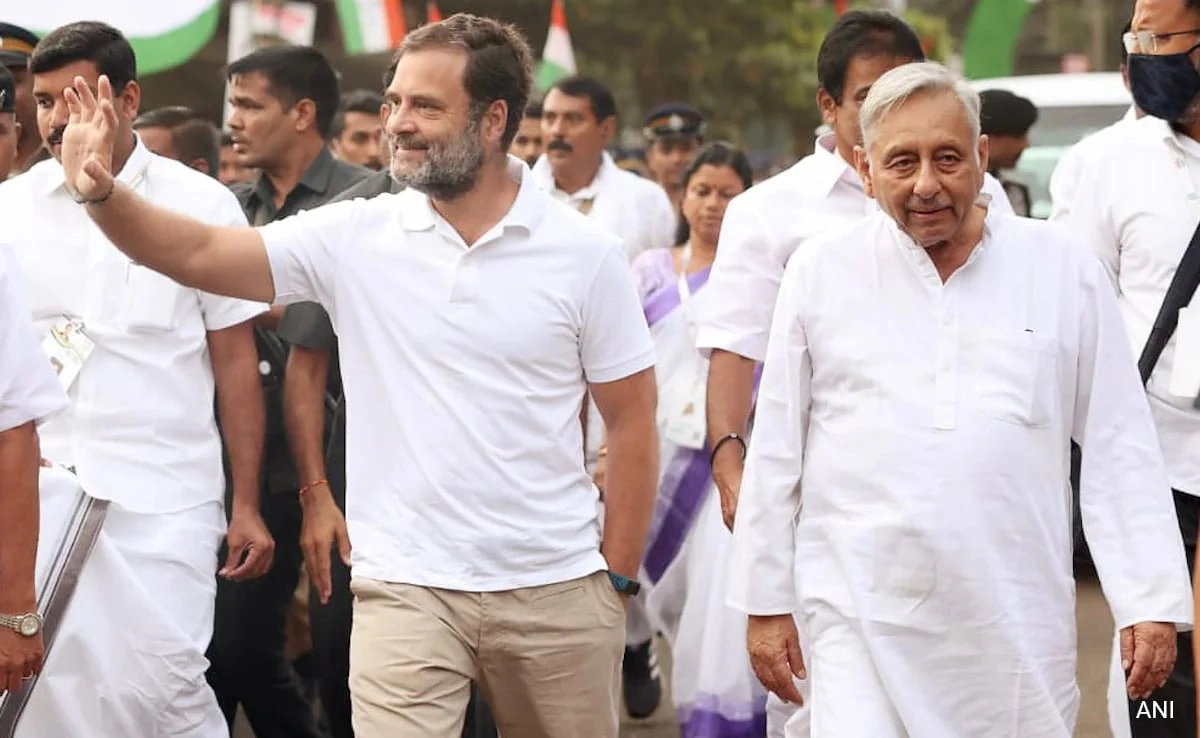Former President Donald Trump has made headlines once again, this time by threatening to impose substantial tariffs on India, particularly in response to the country’s ongoing importation of Russian oil. The statement reflects Trump’s longstanding approach to trade negotiations, which often involves leveraging tariffs as a tool to influence foreign policy. In this instance, Trump’s remarks highlight the complexities of global trade relations, especially in the context of the ongoing geopolitical tensions stemming from Russia’s actions in Ukraine.
The implications of such a threat are significant, as India has maintained a nuanced stance regarding its relationship with Russia, particularly in energy transactions. Despite pressure from Western nations to limit its reliance on Russian oil, India has continued to engage in these imports, citing its need for energy security and economic stability. Trump’s assertion raises questions about how far the U.S. is willing to go to influence India’s energy policies and whether these tactics will lead to a re-evaluation of India’s position on Russian oil.
Furthermore, the potential increase in tariffs could have far-reaching consequences for both nations. For India, higher tariffs could disrupt trade flows, increase costs for consumers, and potentially escalate inflation. On the other hand, the U.S. could face backlash from Indian businesses and consumers who rely on trade with the U.S. for various goods and services. This situation underscores the delicate balance that countries must navigate in the face of international pressures, revealing how economic decisions are often intertwined with political strategies.
As the global community continues to grapple with the ramifications of the conflict in Ukraine, Trump’s threats serve as a reminder of the contentious nature of international trade relations. The evolving dynamics between the U.S., India, and Russia will undoubtedly shape future discussions on energy policy, trade agreements, and geopolitical alliances. With a potential trade war looming on the horizon, stakeholders in both countries will need to carefully consider their next moves to avoid exacerbating tensions and to foster a more stable economic environment.




